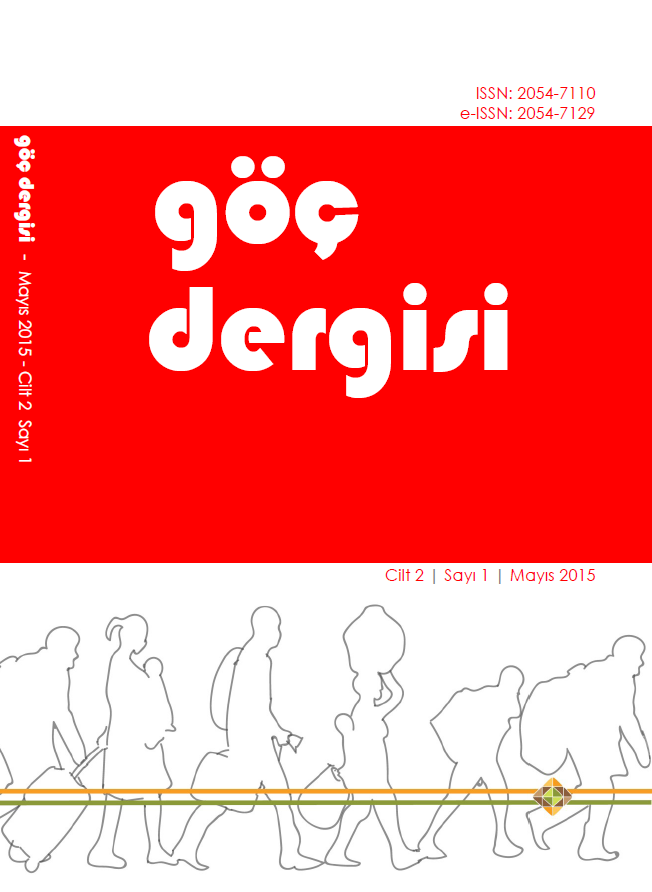Göçmen edebiyatında din ve kimlik yansımaları: Fakir Baykurt’un Yarım Ekmek romanında din ve gelenek
Religion and identity reflections in literature of immigrant: Religion and Tradition in Fakir Baykurt’s novel Yarım Ekmek
Author(s): İsmail GüllüSubject(s): German Literature, Turkish Literature, Politics and religion, Sociology of Culture, Theory of Literature, Sociology of Religion
Published by: Transnational Press London
Keywords: migration; literature of migration; Fakir Baykurt; cultural shock; tradition; religion; religious identity;
Summary/Abstract: The immigration fact which has nearly half century in Germany have brought a significant literal accumulation (Migrantenliteratur) in its wake. This literal accumulation, which is named as several denominations, has a feature including different colours in itself. One of the most important source snourishing literature is society. Societal structure and problems that the writer lives inside, directly or indirectly reflect on his/her compositions. In this context, the matter of religion and tradition by way of the issue and fictious characters in the novel of Fakir Baykurt who went to Germany in her 50’s and lived in there till his death and who is a considerable name in Turkish literature with his several literal and intellectual workings; “Yarım Ekmek” which is the third novel of Duisburg Trilogy with “Koca Ren” and “Yüksek Fırınlar” are discussed sociologically in the study. The political and ideological past of the socialist realist lined writer in Turkey where he spent his life for a long time, manifest itself on the speech and fictious characters of novel. In the novel, themes of new Turks’ conflict, cultural shock, being in the middle, bi culturalism in their new cultural nature in Duisburg which is the city they live in. The writer not only deals with Turks in Germany but also personal and social subjects via comparing them to Turkey and even other countries. In the study, religious and traditional elements analyzed sociologically. Besides the speciality of being a migration novel in general, there are a lot of religious, political and ideological interpretations and discussions in the novel. These datum in the novel are examinated in the context of belief, ritual, politics and social categorisation.
Journal: Göç Dergisi (GD)
- Issue Year: 2/2015
- Issue No: 1
- Page Range: 117-145
- Page Count: 29
- Language: Turkish, English

